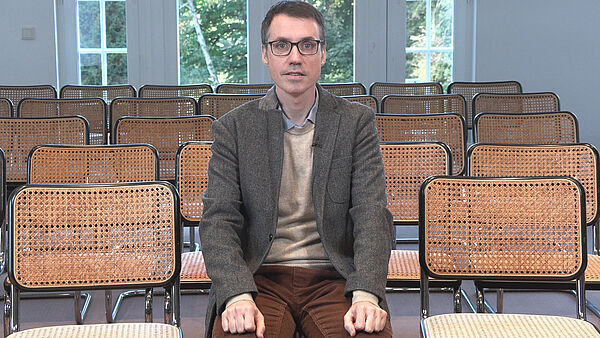
Jonas-Sébastien Beaudry, DPhil
Professor of Law
McGill University, Montreal
Born in 1981 in Montreal, Canada
BCL and LLB, McGill University, LLM, Harvard Law School, DPhil in Law, University of Oxford
Arbeitsvorhaben
Medical Aid in Dying, Autonomy, and Somatic Oppression
This research explores how social inequalities can subtly and profoundly shape decisions around Medical Aid in Dying (MAiD). While debates about MAiD often center on protecting vulnerable lives versus respecting individual autonomy, both sides assume patients are making free and informed choices. But what if some of these choices are shaped by hidden forms of social or bodily oppression?Drawing on feminist philosophy and disability studies, this project introduces a new concept—somatic oppression—that refers to how people with certain bodies (e.g., disabled, ill, or aging bodies) may face stigma, marginalization, or reduced social status. These pressures can impact not just how people are treated, but also how they see themselves and their life options. The project also redefines autonomy through a relational lens, arguing that true autonomy depends not only on individual capacity to choose, but also on the social environment that either supports or undermines one’s ability to reflect, define, and act on one’s values.
Three goals guide the research:
(1) Build a model showing how somatic oppression affects personal autonomy.
(2) Apply this model to real-world MAiD decisions, revealing how social pressures might influence people’s desire to end their lives.
(3) Propose policy reforms that better protect meaningful autonomy in MAiD cases.
Methodologically, the project blends analytic philosophy with critical, justice-oriented approaches. It starts with real-life cases of injustice to build better legal and ethical frameworks. Ultimately, the research will produce a scholarly book and policy tools that support more just, inclusive MAiD laws—ensuring decisions to die are not only legal, but truly free.
Recommended Reading
Beaudry, Jonas-Sébastien. “Somatic Oppression and Relational Autonomy: Revisiting Medical Aid in Dying through a Feminist Lens.” UBC Law Review 53, no. 2 (2020): 241–298.
—. The Disabled Contract: Severe Intellectual Disability, Justice and Morality. Cambridge University Press, 2021.
—. “Ableism’s New Clothes: Achievements and Challenges for Disability Rights in Canada.” University of Toronto Law Journal 74, no. 1 (2025): 1–40.
Publikationen aus der Fellowbibliothek
Beaudry, Jonas-Sébastien (Cambridge, United Kingdom, 2021)
The disabled contract : severe intellectual disability, justice and morality Cambridge disability law and policy series
Beaudry, Jonas-Sébastien (Vancouver, BC, 2020)
Somatic oppression and relational autonomy : revisiting medical aid in dying through a feminist lens
